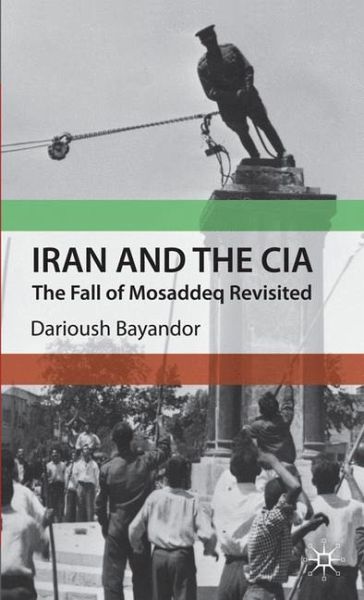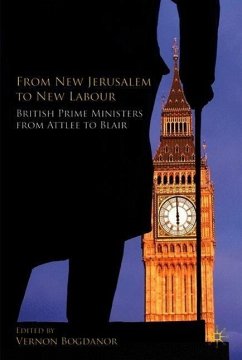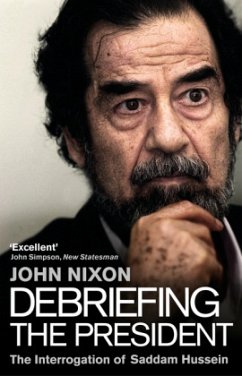
Iran and the CIA
The Fall of Mosaddeq Revisited

PAYBACK Punkte
23 °P sammeln!
In the early 1950s, the frail septuagenarian Iranian prime minister shook the world, challenging superpower Britain by nationalizing the British-run oil industries in Iran. His name was Doctor Mohammad Mosaddeq. His subsequent downfall in August 1953 changed the course of Iranian history, and remains a haunting memory for the people of Iran today. The British and American governments collaborated in a plot to remove Mosaddeq but which nonetheless failed to ignite. However, days afterwards, amid violent street disturbances, Mosaddeq's government did indeed fall. So, for half a century the conve...
In the early 1950s, the frail septuagenarian Iranian prime minister shook the world, challenging superpower Britain by nationalizing the British-run oil industries in Iran. His name was Doctor Mohammad Mosaddeq. His subsequent downfall in August 1953 changed the course of Iranian history, and remains a haunting memory for the people of Iran today. The British and American governments collaborated in a plot to remove Mosaddeq but which nonetheless failed to ignite. However, days afterwards, amid violent street disturbances, Mosaddeq's government did indeed fall. So, for half a century the conventional wisdom attributed the events of 19th August 1953 to foul play by the CIA and a myth of CIA power and success was created that has mesmerized opinion ever since and cast a shadow over Iran's continuingly troubled relations with America.
This pathbreaking study unearths new documentary evidence to suggest the truth lies elsewhere and that Mosaddeq's fall actually took Washington and London by complete surprise. The author provides compelling evidence to suggest that the toppling of Mosaddeq was rooted primarily in internal Iranian dynamics and that prominent clerics of the time, notably the grand Shiite Marja of the time, Ayatollah Boroujerdi, played a crucial role.
New research shatters a long-cherished myth about the involvement of the CIA, US and UK governments, in the downfall of the nationalist government of Dr Mohammad Mosaddeq in Iran on 19 August, 1953
This pathbreaking study unearths new documentary evidence to suggest the truth lies elsewhere and that Mosaddeq's fall actually took Washington and London by complete surprise. The author provides compelling evidence to suggest that the toppling of Mosaddeq was rooted primarily in internal Iranian dynamics and that prominent clerics of the time, notably the grand Shiite Marja of the time, Ayatollah Boroujerdi, played a crucial role.
New research shatters a long-cherished myth about the involvement of the CIA, US and UK governments, in the downfall of the nationalist government of Dr Mohammad Mosaddeq in Iran on 19 August, 1953














